Search Results
Showing results 1 to 11 of 11

Lava Layering: Making and Mapping a Volcano
Source Institutions
In this activity, learners discover how geologists use stratigraphy, the study of layered rock, to understand the sequence of geological events.
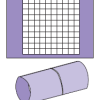
Dust Catchers
Source Institutions
In this activity related to indoor air pollution, learners build take-home dust catchers with wax paper and petroleum jelly.
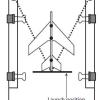
Geometry and Algebra: The Future Flight Equation
Source Institutions
In this activity, learners discover how NASA engineers develop experimental aircraft.
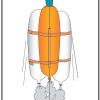
Heavy Lifting
Source Institutions
In this activity, learners work in NASA teams to build balloon-powered rockets using identical parts and compete to launch the greatest number of paper clips to "space" (the ceiling).

Clam Hooping
Source Institutions
In this two-part outdoor activity, learners conduct a population census of squirting clams on a beach or mudflat, and investigate the clams' natural history.
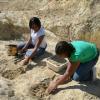
Shoebox Dinosaur Dig Site
Source Institutions
In this activity, (on page 6 of the PDF under SciGirls Activity: Dinosaurs) learners participate in a hands-on fossil excavation.
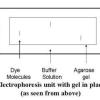
Gel Electrophoresis of Dyes
Source Institutions
In this experiment related to plant biotechnology, learners discover how to prepare and load an electrophoresis gel.
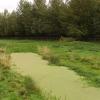
Exploring an Ecosystem
Source Institutions
In this ecology activity, learners make a model water-based ecosystem called a terraqua column. The column (in a large soda bottle) includes pond water, duckweed, sand or gravel, and small snails.

Recycling Rules: Understanding Recycling and a MRF
Source Institutions
In this activity, learners simulate the separation techniques that materials recovery facilities (MRFs) use and then design their own series of recycling techniques.
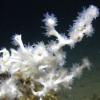
Off Base
Source Institutions
In this activity, learners explore the factors that tend to resist changes in pH of the ocean and why the ocean is becoming more acidic.

Reebops
Source Institutions
In this genetics activity, learners create imaginary creatures known as "Reebops" to explore the relationships between genes and inherited traits.
